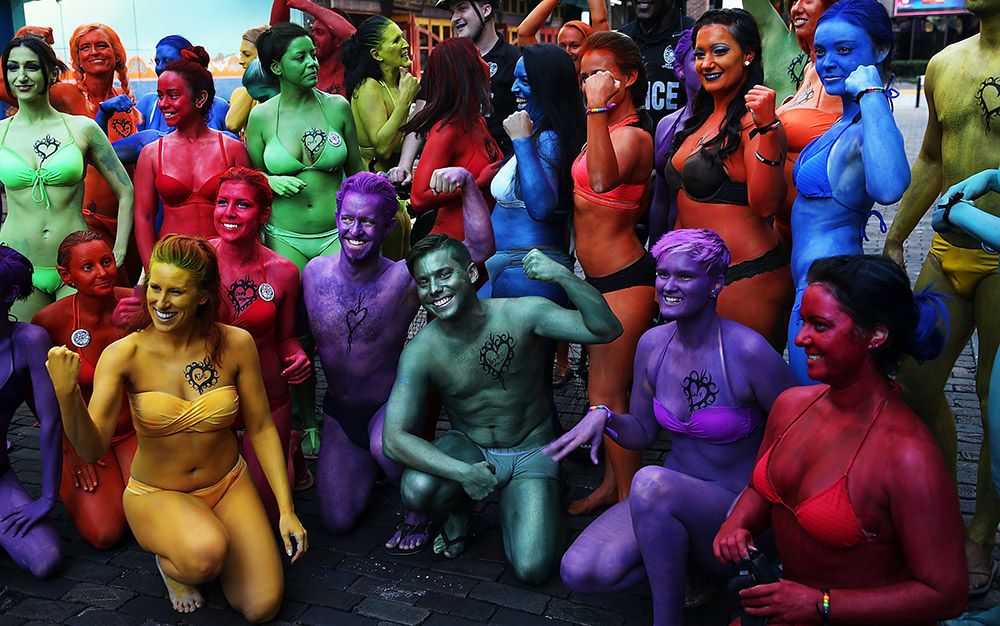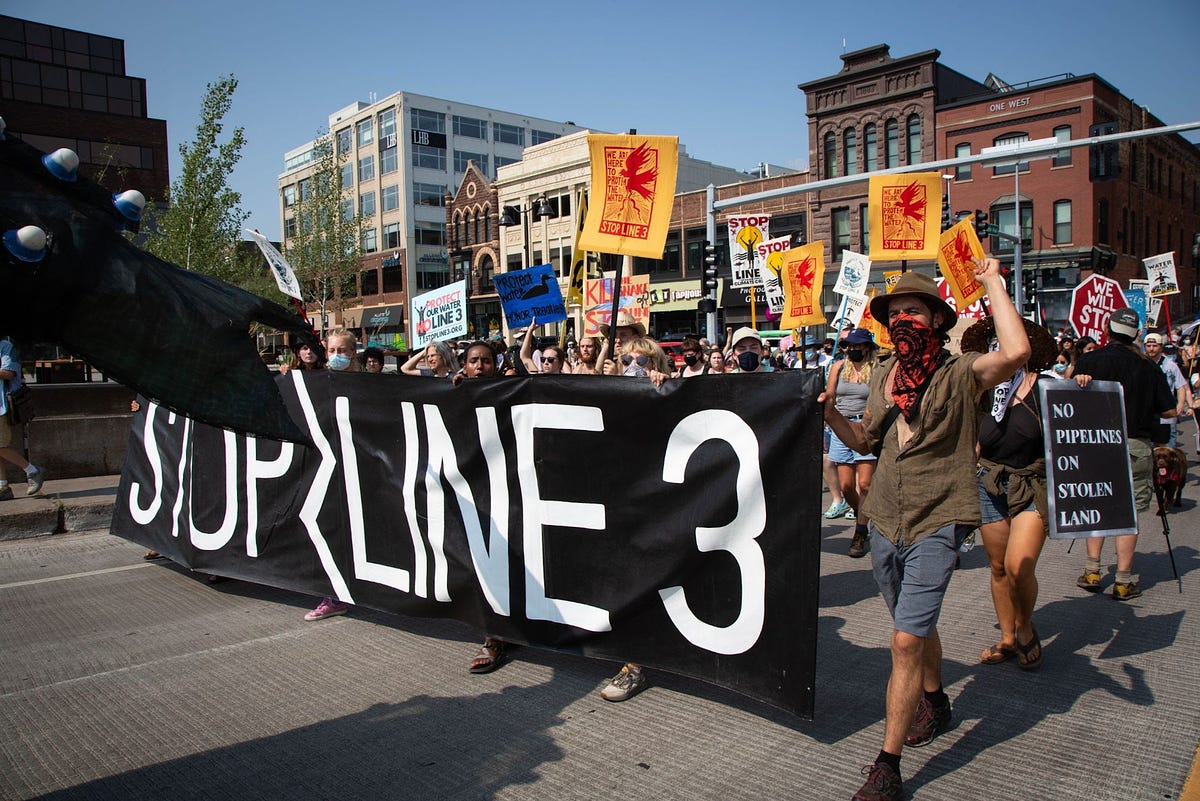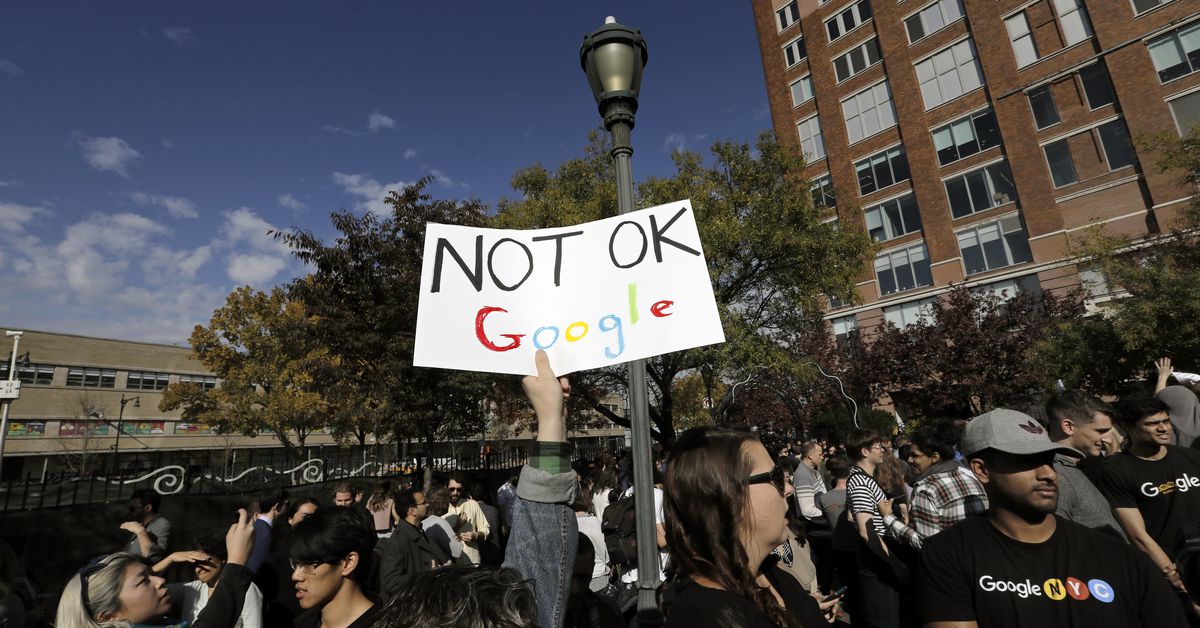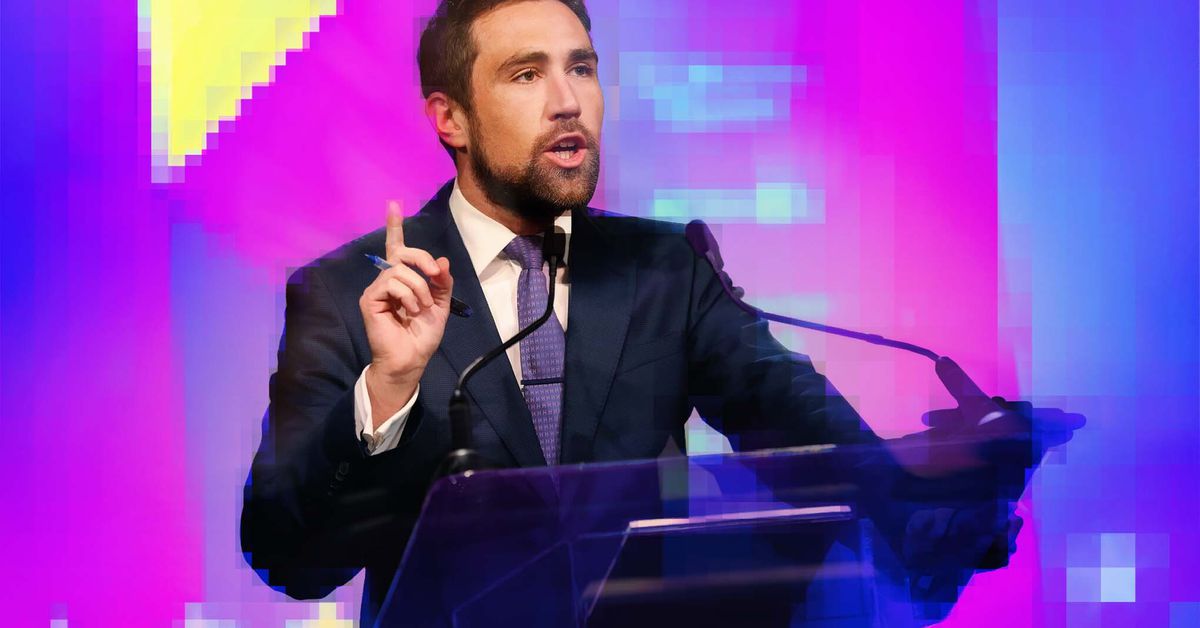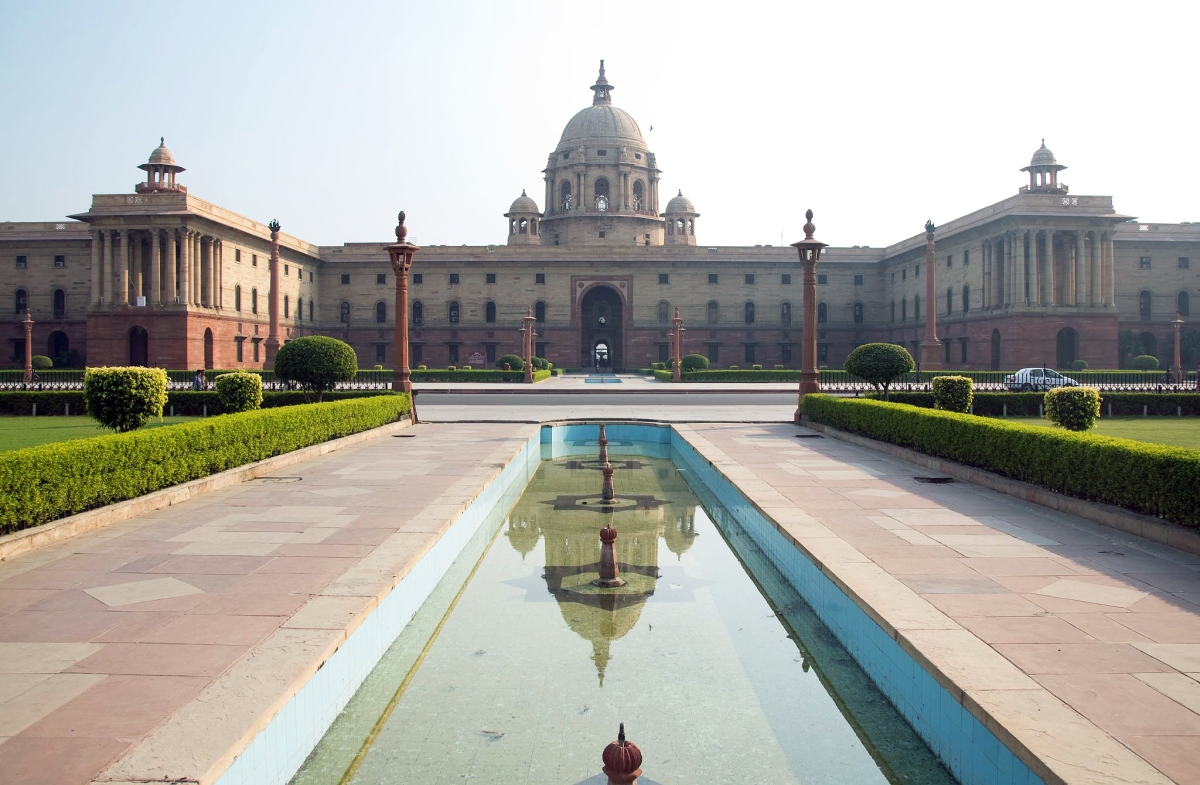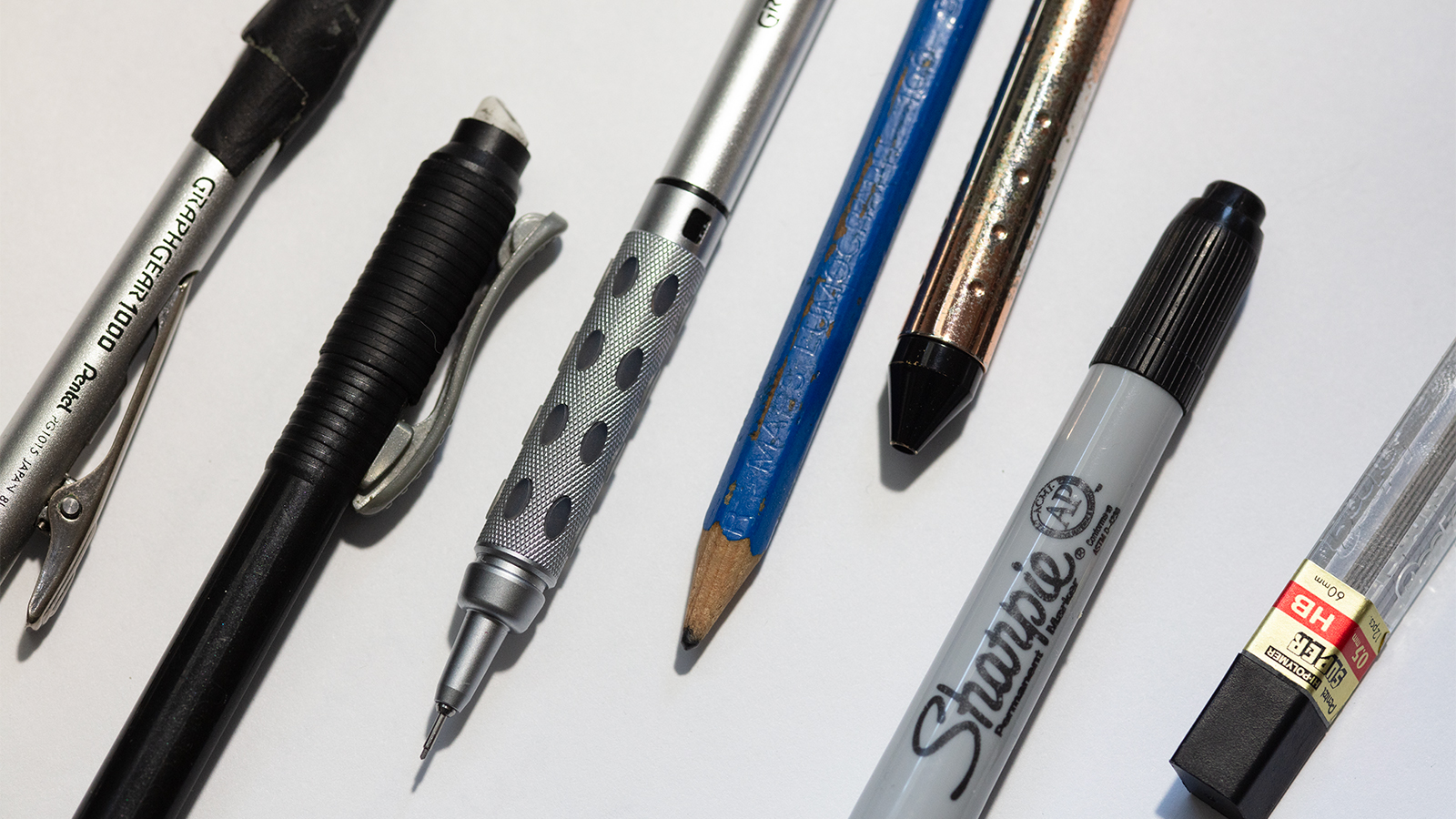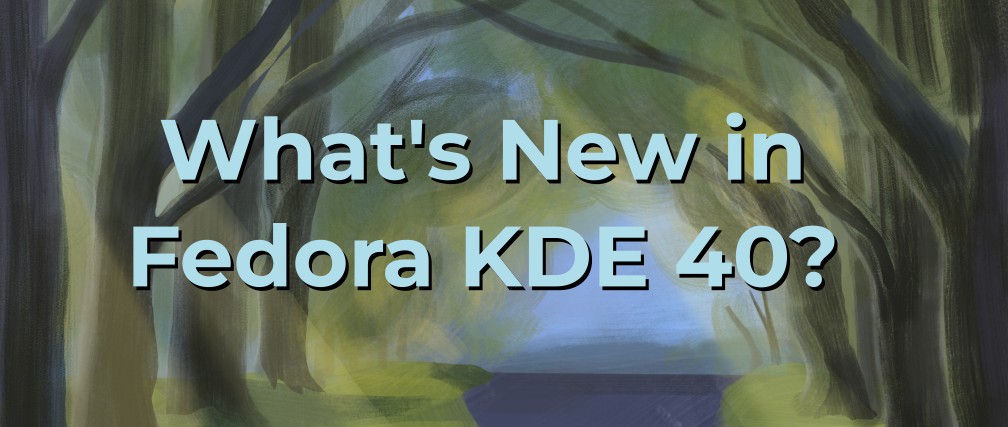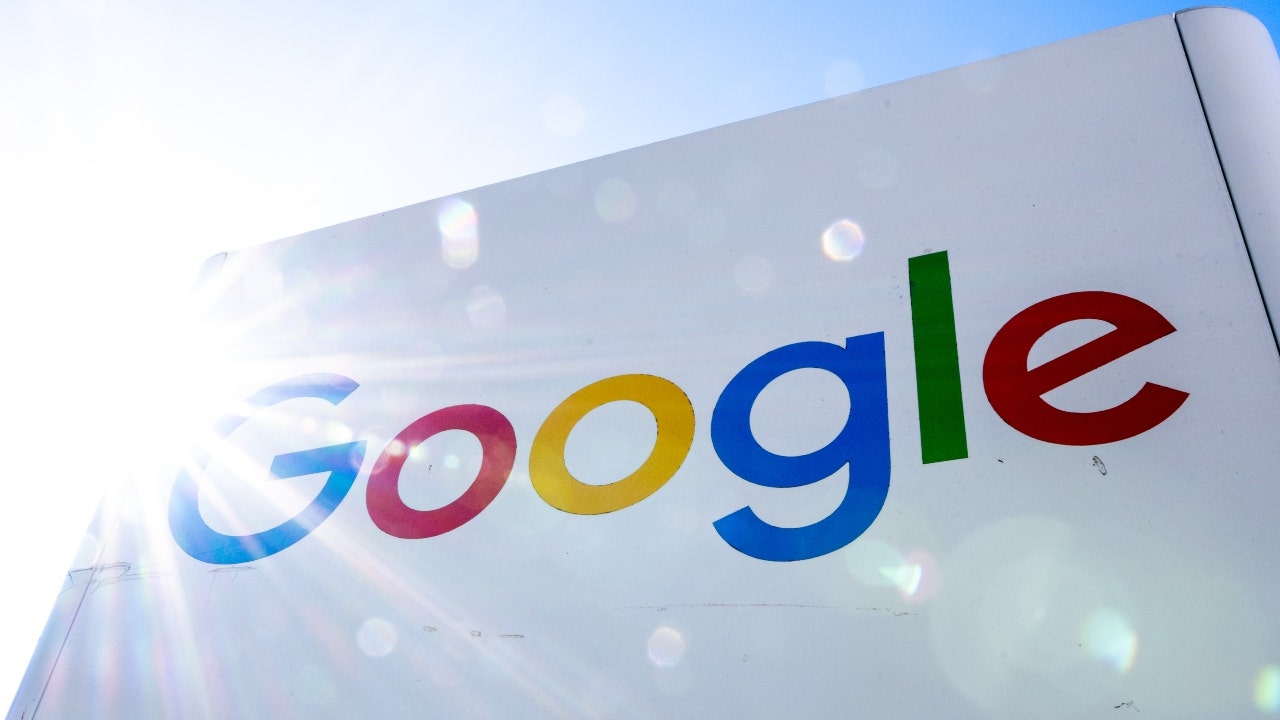
Against Meme Activism
A few weeks ago, in the midst of the latest Israel-Hamas conflict, Andrew Yang, a mayoral candidate in New York, tweeted in support of Israel. The backlash came fast, and by the next day, #YangSupportsGenocide was trending on Twitter. The aggressive public shaming worked: Yang backtracked and issued a follow-up clarification. And now, politicians with progressive constituencies will likely think twice before publicly expressing support for Israel.
This is meme activism, a widespread and powerful force in contemporary politics. Here, I’m using the original definition of meme: an easily replicated unit of cultural knowledge or information that is spread by imitation. Today, most people hear “meme” and think of a funny photo with words on it. But the original concept—a way to understand how ideas travel and reproduce in a society—encompasses far more than quirky online humor.
Activists use political memes in the form of hashtags, symbols, catchphrases, and slogans to spread their message and build solidarity for their cause. And though memes can help activists, they have a dark and destructive potential. With the advent of the internet and social media’s ability to spread memes faster and further than ever, meme activism deserves closer scrutiny.


